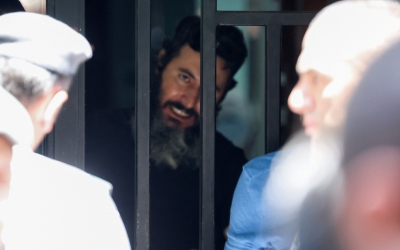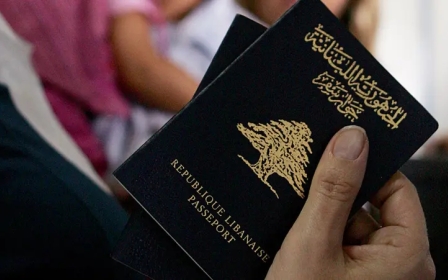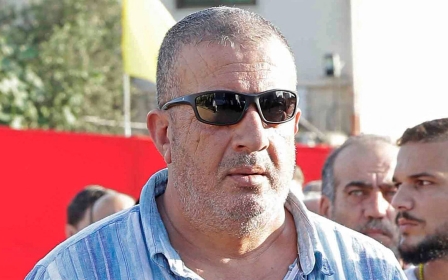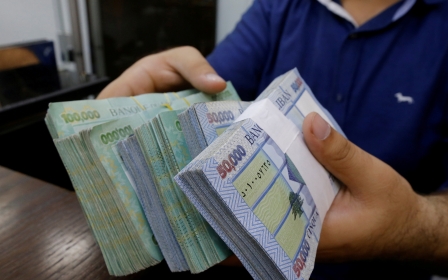Plane set for Beirut raises alert in Greece after hijacking suspicions
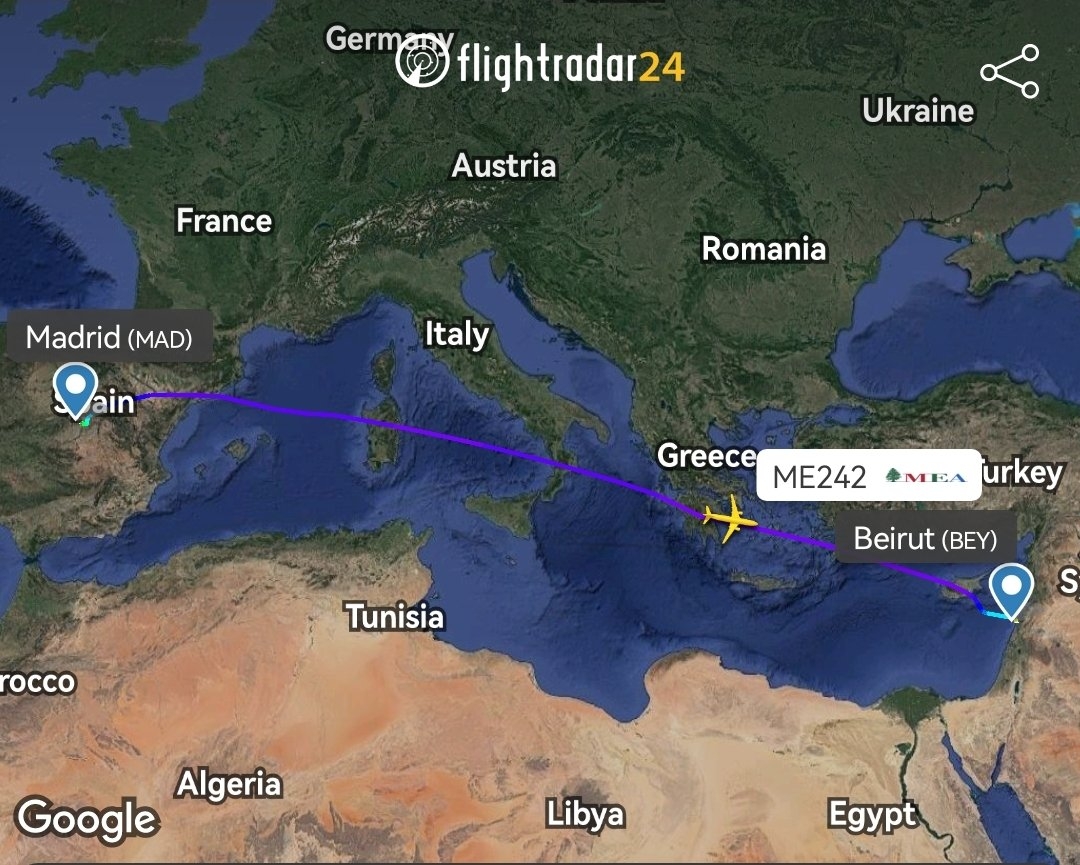
A Code Renegade signal alerted Greek authorities after a non-responsive Middle East Airline aircraft with 145 passengers left Madrid and was bound for Beirut on 10 August, according to Greek media and an aircraft tracker.
Code Renegade, a distress signal usually used to signify that a plane has been hijacked, was alerted by the Nato air control centre in Torrejon, Spain.
Despite the reportedly several attempts to contact the aircraft, no response was received over the radio, which caused authorities to worry about the plane's status.
New MEE newsletter: Jerusalem Dispatch
Sign up to get the latest insights and analysis on Israel-Palestine, alongside Turkey Unpacked and other MEE newsletters
Greek officials then deployed F-16 fighters in Souda and approached the aircraft over Argolida in the northeastern Peloponnese.
The two Greek fighter jets made a mid-air encounter with the unresponsive aircraft around 7:30 pm on Wednesday, 10 August. They re-established contact with the pilot and determined that there were no problems.
According to the Lebanon-based aircraft tracker IntelSky, the pilot, Abed al-Hout, son of the chairman of the board of directors of Middle East Airlines, Mohammed al-Hout, must have forgotten to turn the instruments to the correct frequency and so missed all the calls from Greek authorities.
Libnanews also reported that Mohamed al-Hout has previously been subject to criticism after placing relatives at different levels of the company.
The incident was noticed by residents of the Argos area of the Peloponnese, who notified the fire department after reportedly hearing sounds similar to explosions.
As Lebanon continues to go through an economic and financial crisis, more than 20 percent of Middle East Airlines staff, a company that is 99 percent owned by the Bank of Lebanon, have left in favour of working for other airlines.
This article is available in French on Middle East Eye French edition.
Middle East Eye delivers independent and unrivalled coverage and analysis of the Middle East, North Africa and beyond. To learn more about republishing this content and the associated fees, please fill out this form. More about MEE can be found here.


